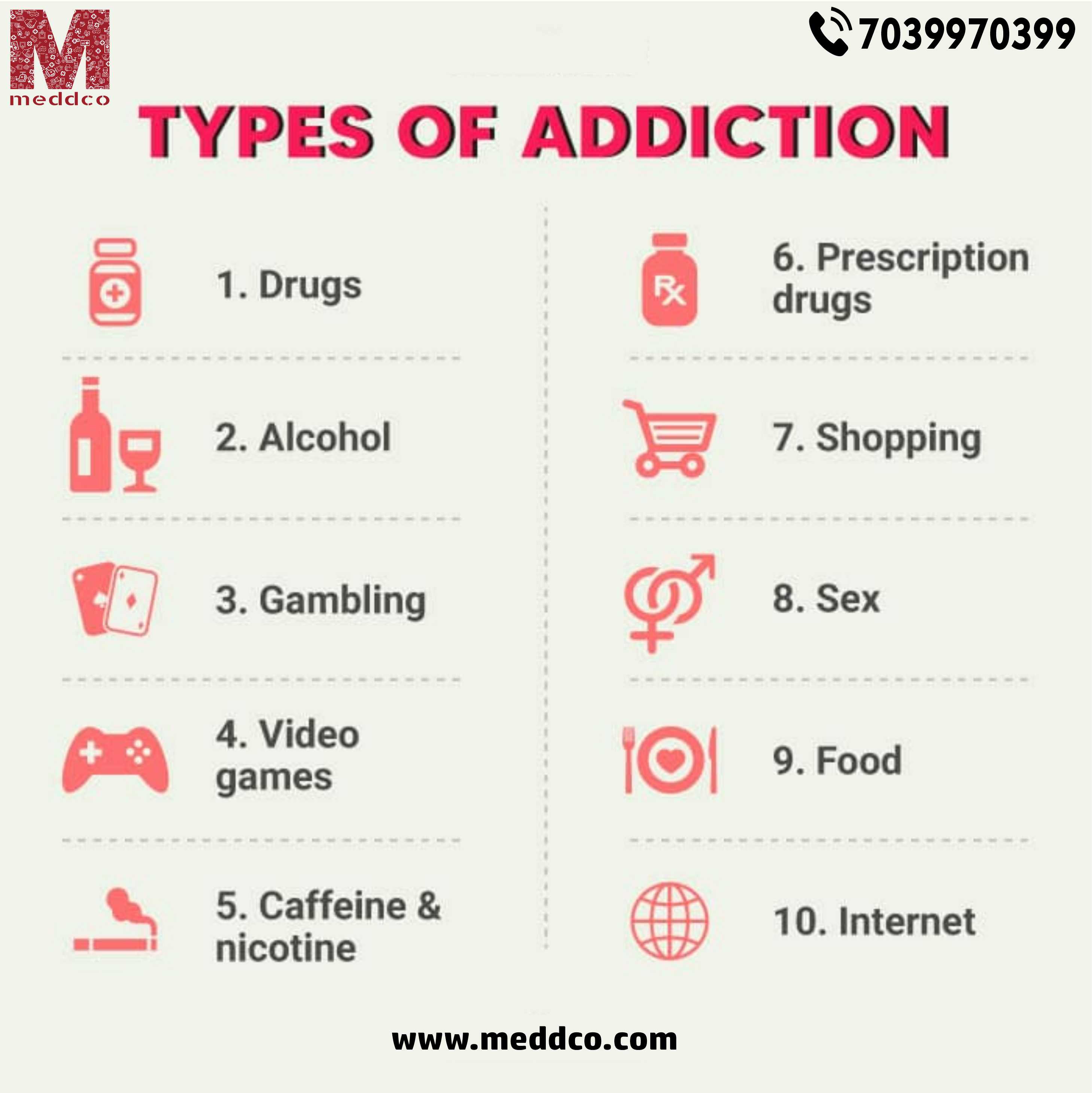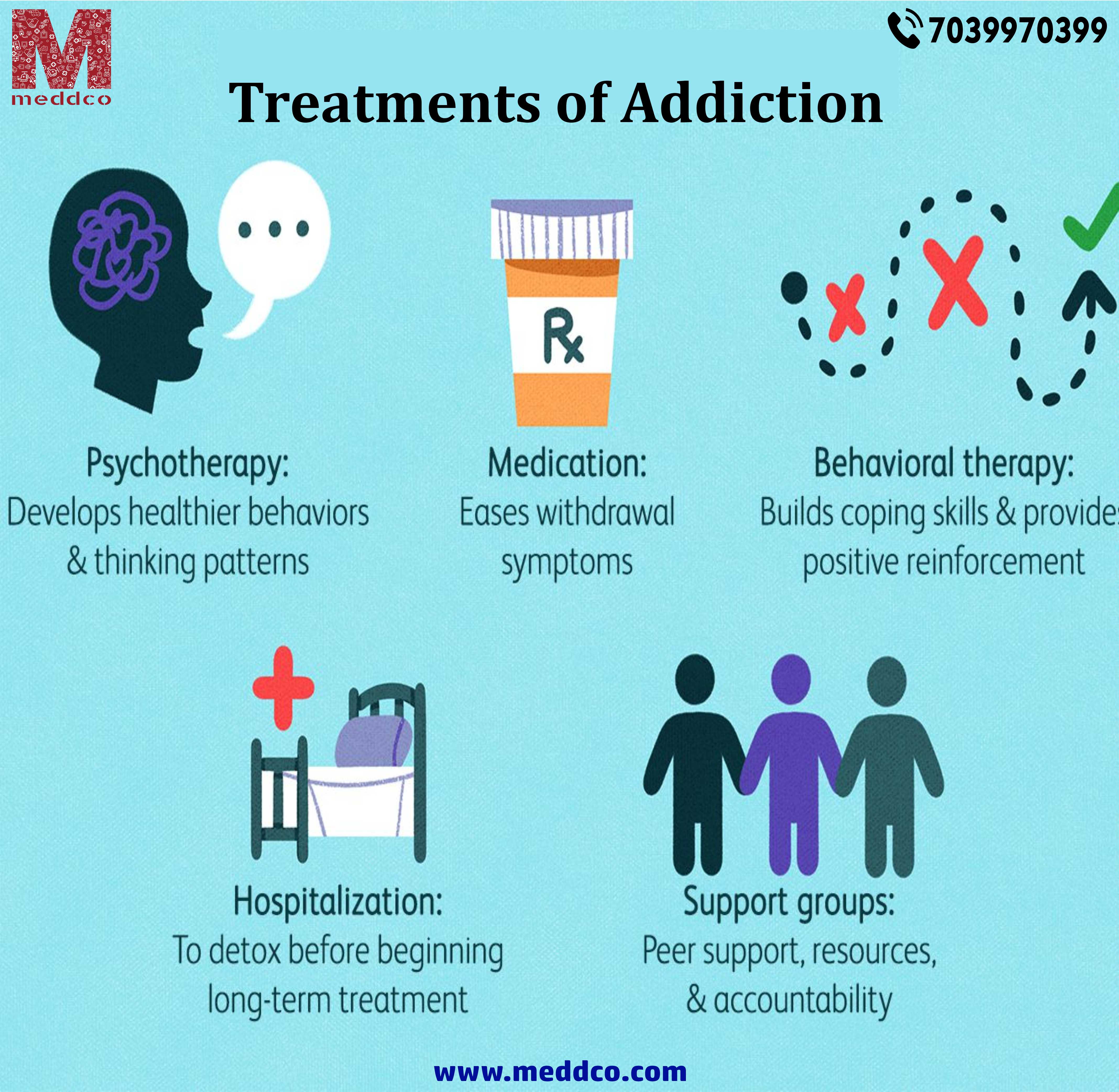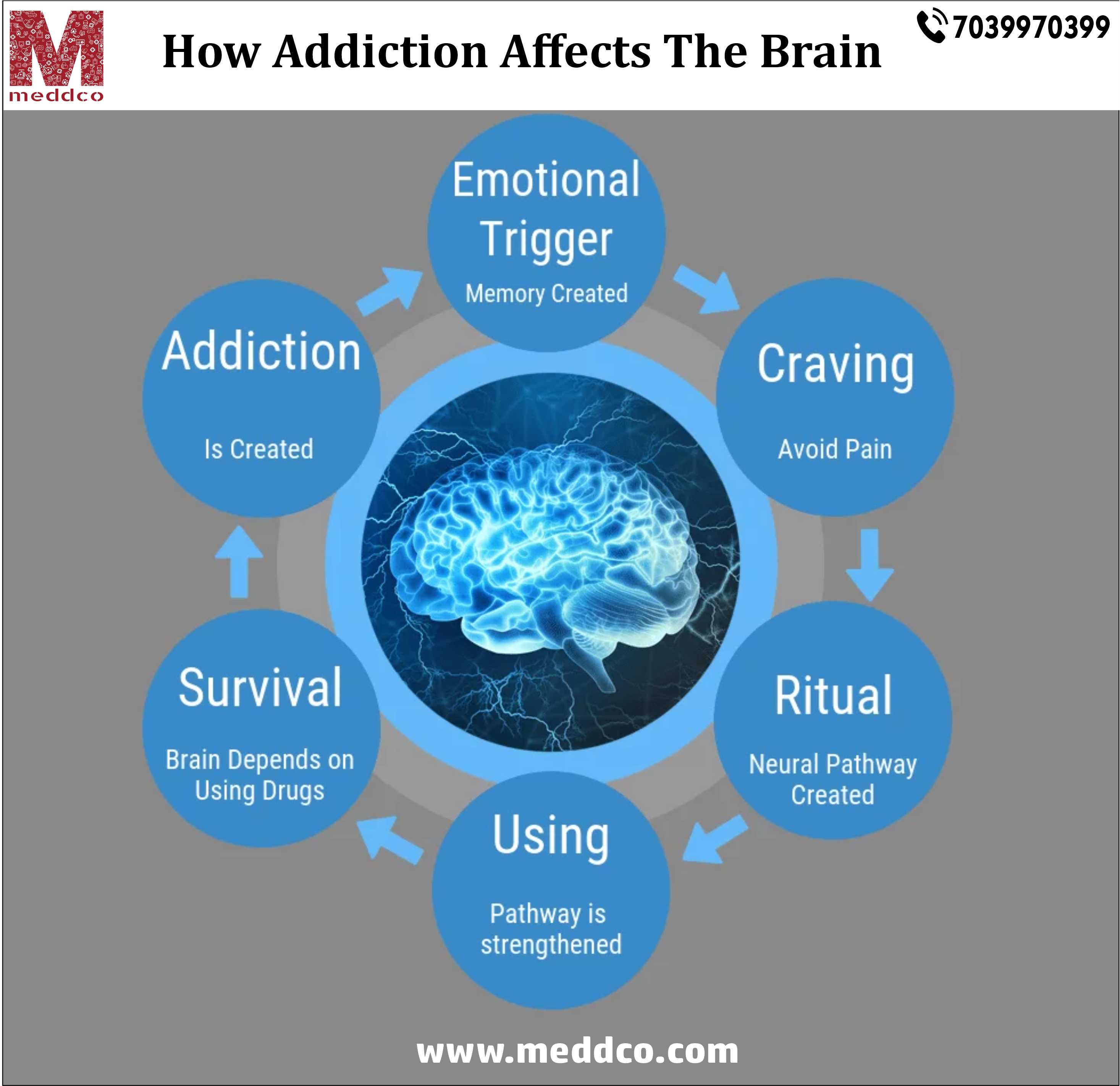

: Admin : 2022-04-09
What is addiction?
An addiction is a long-term breakdown of the brain’s reward, motivation, and memory systems. It’s all about how your body craves a substance or habit, specifically if it leads to an obsessive or compulsive pursuit of “reward” with little concern for the consequences.
When someone has an addiction, they will:
-be unable to refrain from using the substance or quit engaging in addicted behaviour
-show a lack of self-discipline
-have a stronger desire for the substance or activity
-Ignore the possibility that their actions are producing issues.
A lack of emotional reaction

How a person does get addicted?
A person’s vulnerability to addiction is affected by hereditary and environmental factors. As per the National Institute on Drug Abuse, genetics accounts for nearly half of a person’s chance of acquiring an addiction. A lack of education, stress, abuse, trauma, low-income communities, and high school parties are environmental risk factors.
Science has contributed to an adequate understanding of how drug abuse affects people and how addiction develops over time. Researchers have “seen” how chemical addiction operates in the brain because of advances in imaging and other technology.
It all begins with long-term drug use. When a person uses a drug regularly, it alters how the brain functions. Drug usage becomes obsessive over time rather than enjoyable or voluntary. It is no longer in their control to use drugs – it is no longer a choice.

Addictive Substances:
-Substances That Are Addictive
Alcohol
-Marijuana
-Paint thinners and glue are examples of inhalants.
-Opioids, such as codeine and oxycodone, and heroin are both opioids.
-Anxiolytics, sedatives, and hypnotics
-Cocaine and methamphetamine, for example, are stimulants.
-Tobacco
-Sugar/Carbs/Food
-Drug addiction can cause brain alterations that make the substance feel as crucial as food and water to the person who uses it. People who abuse drugs and alcohol build a tolerance to them over time, requiring increasing amounts to achieve the intended effect.
Treatment for Addiction
Detoxification
Detoxification with medical assistance lets you clear your body of addicted chemicals safely. It is advantageous because substance withdrawal can occasionally result in unpleasant or life-threatening bodily effects. Detox is usually utilised in conjunction with other treatments because it does not address the underlying behavioural reasons for addiction.
Cognitive Behavioral Therapy (CBT)
According to American Addiction Centres, cognitive behavioural therapy (CBT) is a beneficial treatment method since an individual can utilise it for various addictions, including but not limited to food addiction, alcohol addiction, and prescription drug addiction. CBT can help you detect undesirable behavioural patterns and learn to recognise triggers, and create coping skills. CBT can also be employed in conjunction with other treatment methods.

Medication-assisted treatment
When paired with behavioural therapy, medication can play a crucial role in recovery. An individual can use certain drugs to help with cravings, mood, and addictive tendencies. For example, the FDA recently approved lofexidine to help patients seeking opioid addiction treatment lessen cravings and withdrawal symptoms.
Rational Emotive Behavior Therapy (REBT)
It is a kind of behavior therapy that concentrates:
Rational Emotive Behavior Therapy (REBT) may be able to assist you in recognising and combating negative ideas and feelings of self-defeat. REBT aims to help you comprehend that your ability to reason is internal and unrelated to external circumstances or pressures.
Facilitation in 12 Steps
One can treat alcohol and substance misuse with 12-step facilitation treatment (“12-step programmers”). It’s a kind of group therapy that concedes that addiction has numerous negative repercussions, including social, emotional, spiritual, and physical. Acceptance is the first step in this style of therapy, followed by surrender to a higher power, and finally, participation in regular group meetings.
Contingency Management (CM) can treat a range of addictions, including alcoholism, drug addiction, and cigarette addiction. Contingency management therapy gives you tangible rewards for your beneficial conduct (i.e., staying sober). In the opinion of the National Institute on Drug Abuse, this treatment effectively prevents recurrence.
addictive substance drugs addictive behaviour addiction mental health
No Comments